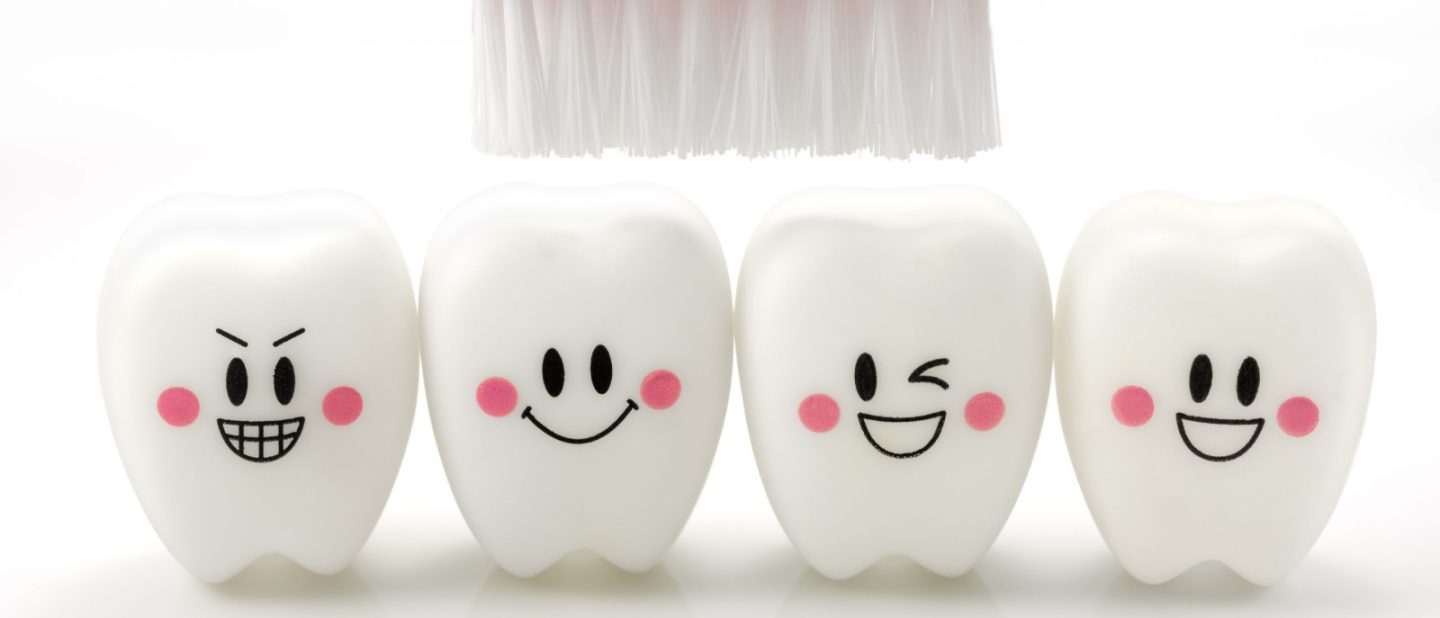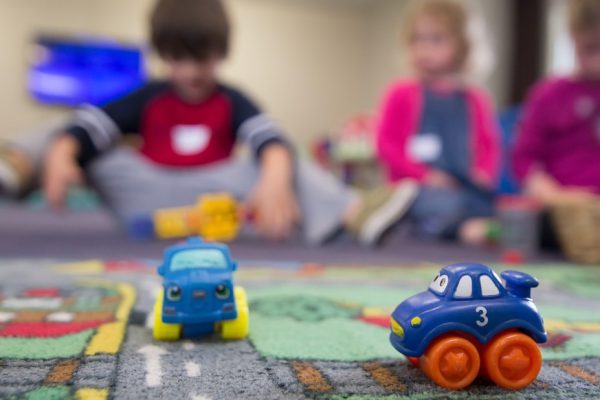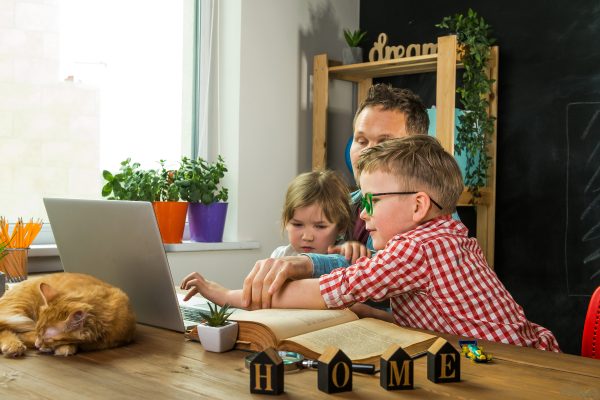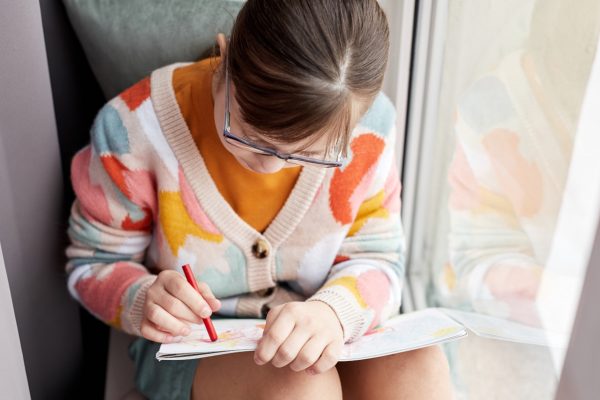
Dental Anxiety in kids – what can be done to help?
Going to the dentist doesn’t have to be a harrowing experience. Specialist Paediatric Dentist, Dr Melissa Warren, gives her tips for success.
Dental anxiety refers to strong negative feelings associated with dental visits and the feeling that something unpleasant is about to happen. It is subjective. It can manifest as anxious children acting differently in a dental setting, compared to their usual behaviour or demeanour.
A trip to the dentist can involve many sensory challenges – bright lights, loud noises, distinct smells and tastes, vibration, and new people.
For some sensory-seekers, a dental appointment is a wonderland full of new and exciting sensations. But for those with sensory sensitivities, it can easily become overwhelming.
Anxiety can relate to personal experiences (either in a medical or dental setting), family concerns, disease levels, and general personality traits.
Children with dental fear or anxiety may avoid or delay dental treatment, which can result in a decline in their oral health. They may lack the ability to cooperate during dental visits, which can affect treatment outcomes.
Dental fear and anxiety during childhood can continue into adulthood. It can be a significant predictor of avoidance of dental treatment in adulthood.
Children often learn to be anxious by experience – through a traumatic event or an event they perceive to be traumatic. This is why it is not ideal if a child’s first dental visit is for a toothache requiring emergency treatment. A visit like this can be difficult and potentially traumatising. Instead, dentists always recommend bringing children for a visit once their first tooth appears, so they get used to the experience, the sight of the dentist, the smells and the sounds. This is a chance to establish a “dental home”.
Dental visits for very young children will often involve the child being on the parent or carer’s lap for the examination, so that they feel secure.
Dentally anxious parents / carers can have children who exhibit negative behaviours at the dentist. It is important to remember that the reason around a child’s fear of the dentist, can be complex and multifactorial.
Forms of anxiety management can vary from non-pharmacological behaviour management techniques, to a general anaesthetic in a hospital setting.
How to help children who are anxious:
- Being prepared gives you the best chance of a stress-free (or at least a manageable!) visit.
- Parents and carers can talk with their child about the dentist at home – role play can be a great way to understand what a dental visit will involve.
- A social story may be useful for anxious children. The Australian Dental Association has a customisable social story available for ADA members to use for their patients.
- Listen and talk to the child about their concerns surrounding dental care.
- Parents are encouraged not to show fear or use words that indicate there is something to be fearful of. For example, the word “brave” – while often well-meaning, children may hear this and immediately assume that there is something to be afraid of.
- There are many non-pharmacological behaviour management techniques which can be useful, such as “Tell-Show-Do”, Distraction, Modelling (with older siblings for example), Positive Reinforcement.
- Bring familiar headphones or earmuffs, as well as a pair of sunglasses from home. A squeeze toy or fidget can help keep their mind off things while they’re in the chair too.
- Ipads with a favourite show or movie are also a good idea if the clinic does not have ceiling-mounted TVs.
- If non-pharmacological behaviour management techniques are not successful, other methods of anxiety control such as oral or nitrous oxide sedation or general anaesthetic may be required.
- For well-established dental phobias, the child may require support from a psychologist or counsellor. Many children who begin with dental fear and anxiety, with the right support, can become happy dental attenders, who actively seek to maintain their oral health into adulthood.
- Communication is key – when booking your appointment, let staff know your child’s sensory profile, communication ability and triggers, as well as things they like. Everyone wants a successful experience for your child and most clinics will happily work with you to come up with a plan.
Dr Melissa Warren is a Specialist Paediatric Dentist at The Children’s Hospital at Westmead.
August 1-7 is Dental Health Week. www.ada.org.au







